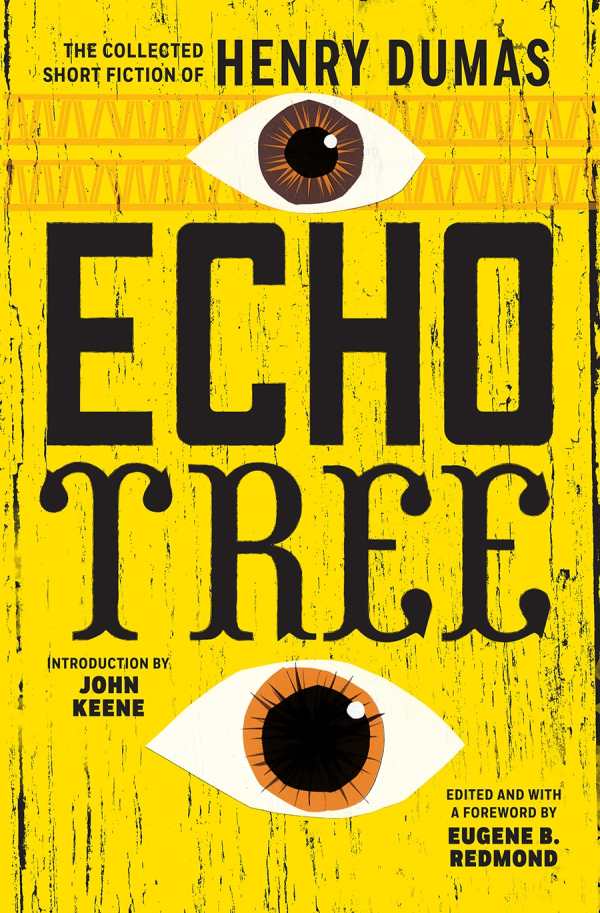Echo Tree
The Collected Short Fiction of Henry Dumas
- 2021 INDIES Winner
- Honorable Mention, Short Stories (Adult Fiction)
With a new introduction by John Keene and a new foreword by editor Eugene B. Redmond, the second edition of Henry Dumas’s short story collection Echo Tree introduces his work to a new generation.
Black culture and manhood take center stage in these stories. Men’s physicality, intellect, and perception, along with the ways men code-switch, the ways they learn to navigate being at home and in society, and how they develop strength and empathy, are explored in Dumas’s lyrical, brutal prose, which orients and propels his tales to resonant endings, signaling a mastery of craft.
The stories follow an internal chronology that’s unconstrained by their original publication order. That chronology is reflected in the ages of the lead characters, from boyhood to manhood, and in moving from contemporary times to the future. Some stories, like “Harlem,” are straightforward in interrogating the ways that Black people have been exploited for economic purposes, and have been made to believe that social success can only be achieved through imitating the oppressors. Other stories, like “The Marchers,” are allegories, approaching similar subjects from a different angle.
The dexterity with which Dumas handles his themes transfers to the ways his stories take up space in several literary movements. “Echo Tree” and “Ark of Bones” find their footing in the Southern Gothic tradition, calling forth ancestors and ghosts of the past, and infusing everyday, rural life with Black spiritualism. The beginning shapes of Afrofuturism, blending the Black American experience and science fiction themes, take form in “The Metagenesis of Sunra,” an homage to the artist Sun Ra.
With a sharp eye that is both a credit to the original writing and the strength of its editing, these stories connect the past to the present. Echo Tree is a vibrant short story collection.
Reviewed by
Dontaná McPherson-Joseph
Disclosure: This article is not an endorsement, but a review. The publisher of this book provided free copies of the book to have their book reviewed by a professional reviewer. No fee was paid by the publisher for this review. Foreword Reviews only recommends books that we love. Foreword Magazine, Inc. is disclosing this in accordance with the Federal Trade Commission’s 16 CFR, Part 255.

